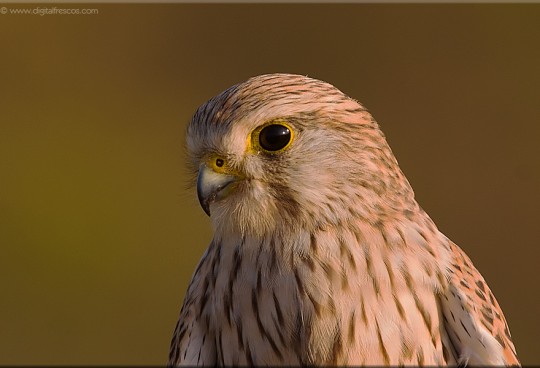The rheas are large ratites (flightless birds without a keel on their sternum bone) in the order Rheiformes, native to South America, distantly related to the ostrich and emu. Most taxonomic authorities recognize two extant species: the greater or American rhea (Rhea americana) and the lesser or Darwin’s rhea (Rhea pennata). The IUCN currently rates the greater and puna rheas as near-threatened in their native ranges, while Darwin’s rhea is of least concern. In addition, a feral population of the greater rhea in Germany appears to be growing. Rheas are from South America only and are limited within the continent to Argentina, Bolivia, Brazil, Chile, Paraguay, Peru, and Uruguay. They are grassland birds and both species prefer open land. The greater rheas live in open grasslands, pampas, and chaco woodlands. They prefer to breed near water and prefer lowlands, seldom going above 1,500 metres (4,900 ft). On the other hand, the lesser rhea will inhabit most shrubland, grassland, even desert salt puna up to 4,500 metres.
For the most part, rheas are vegetarian and prefer broad-leafed plants but they also eat fruits, seeds and roots, as well as insects such as grasshoppers and small reptiles and rodents. Young rheas generally eat only insects for the first few days. Outside of the breeding season they gather in flocks and feed with deer and cattle. Rheas are polygamous, with males courting between two and twelve females. After mating, the male builds a nest, in which each female lays her eggs in turn. The nest consists of a simple scrape in the ground, lined with grass and leaves. Rheas tend to be silent birds, with the exception being when they are chicks or when the male is seeking a mate. During breeding season, the male will attempt to attract females by calling. This call is a loud booming noise. While calling like this, they will lift the front of their body, ruffle their plumage, all while keeping their neck stiff.
![]()






Sorry, the comment form is closed at this time.